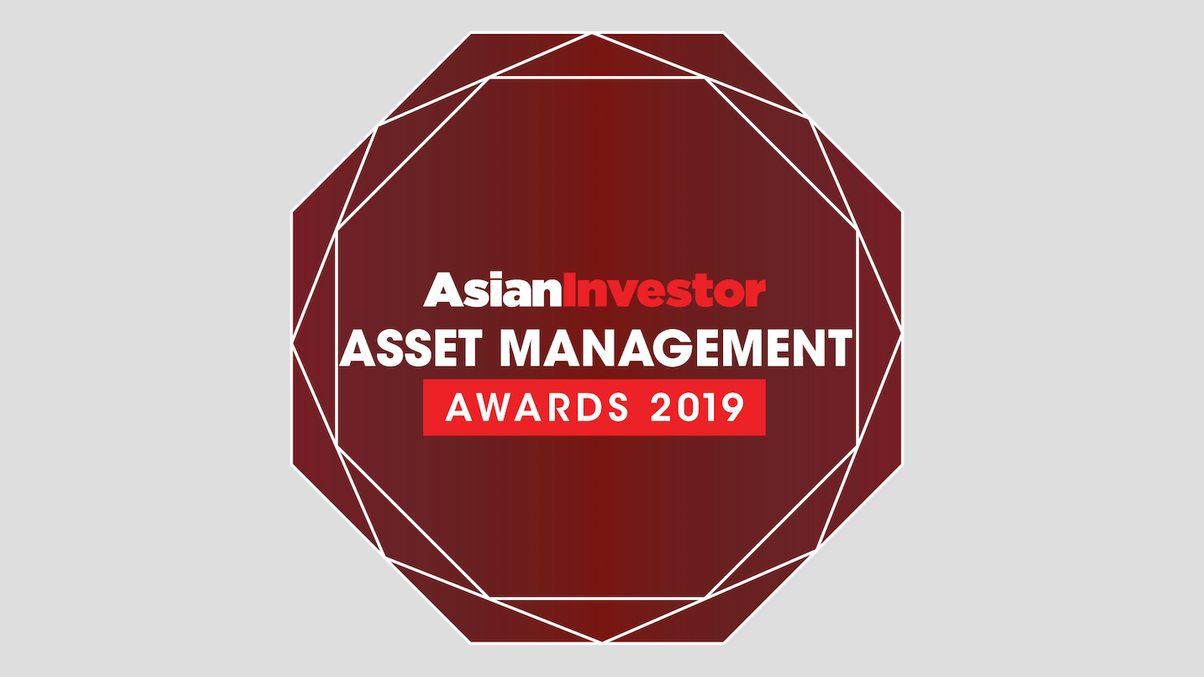award
AsianInvestor’s top funds, explained (part 2)
We reveal the second part of our asset class awards, in which we chose a top fund across a set of different market areas and focuses.

Every year, AsianInvestor's editorial team conduct an intensive analysis of the region's leading asset management service providers, fund products and asset managers, to ascertain the top organisations of the previous 12 months.
Sign in to read on!
Registered users get 2 free articles in 30 days.
Subscribers have full unlimited access to AsianInvestor
Not signed up? New users get 2 free articles per month, plus a 7-day unlimited free trial.
¬ Haymarket Media Limited. All rights reserved.


